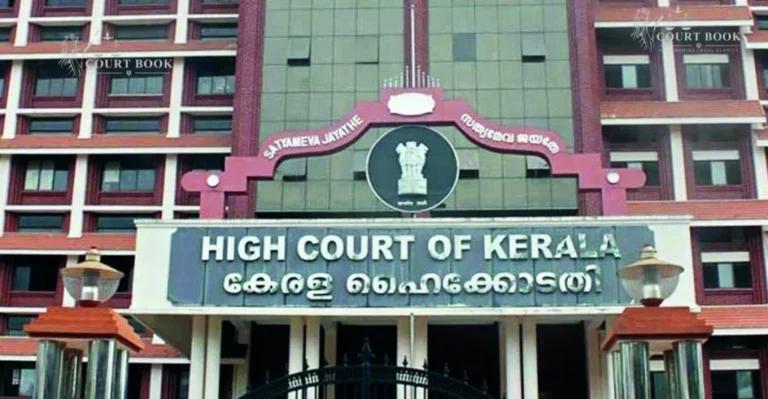The Kerala High Court has delivered a key verdict regarding property tax liabilities under the Kerala Municipality Act, 1994. In a consolidated judgment issued on 10th April 2025, Justice Bechu Kurian Thomas ruled that building owners are liable to pay revised property tax only for a period of three years prior to the date of the demand notice, and not beyond that—even if the property tax was retrospectively revised.
"The owners of buildings can be made liable to pay the annual property tax demanded in the respective demand notices at the revised rates from a period three years prior to the date of demand, after deducting the property tax already paid." — Justice Bechu Kurian Thomas
Background of the Case:
The petitioners, including building owners and commercial property holders in Kochi, challenged the retrospective enhancement and demand of property tax by the Kochi Municipal Corporation. These demands were raised for periods extending back to 2016-17, citing revised tax rates calculated as per amended provisions in the Kerala Municipality Act.
One of the key petitioners, The Gateway Hotels, represented by M/s. Taj Kerala Hotels and Resorts Limited, had already paid the property tax for its building till the first half of 2020-21. However, they were later served a demand on 24-06-2021, seeking tax payment based on newly revised rates starting 01-04-2016 till 31-03-2021.
Petitioners contended that:
- The enhancement was retrospective and without following due procedure.
- The necessary deductions were not provided while computing the tax.
- The move violated the provisions of the Kerala Municipality Act, 1994, especially with no proper fixation of minimum and maximum property tax rates by the Municipal Council after the 2009 amendment and 2011 rules.
Justice Bechu Kurian Thomas clarified a significant legal point regarding the limitation period for recovering tax dues:
“Even though a charge on the property allows recovery of dues as public revenue, the specific limitation period provided under the Kerala Municipality Act, 1994, must take precedence over the general Limitation Act.” — Justice Bechu Kurian Thomas
- The Limitation Act allows a 12-year recovery window when dues become a charge on property.
- However, Section 539 of the Kerala Municipality Act stipulates a specific limitation period of three years for recovery.
- Neither Section 538B nor Section 237 of the Act extend this limitation period.
Thus, the Court held that the Municipality could only recover dues for a period of three years prior to the date of the demand notice.
- Revised tax can be collected — but only from three years before the demand.
- Any demand for periods beyond three years is unenforceable unless the owner pays it voluntarily.
- Already paid amounts must be adjusted while calculating the revised dues.
- No retrospective enhancement of property tax is permissible beyond this three-year window.
"No amount under the respective demand notices at the revised rates can be recovered for the periods till three years prior to the date of demand." — Kerala High Court
This verdict applies across numerous connected cases involving both individual and institutional property owners within the Kochi Corporation limits.
This ruling upholds the principle of legal certainty in taxation. It ensures that municipal bodies must adhere to the statutory limitation periods and cannot arbitrarily demand taxes for indefinite past years, even if property tax rates are revised under amended laws.
It also offers relief to building owners across Kerala who have been receiving retrospective tax demands. The Court clearly underscored that statutory provisions cannot be overridden merely on the basis of recovery mechanisms tied to revenue arrears.
In view of the above, the bench disposed of the petition.
Case Title: The Gateway Hotels v. Kochi Municipal Corporation
Case Number: WP(C) NO. 16984 OF 2020
Counsel for Petitioner/ Assessee: Jose Jacob and Jazil Dev Ferdinanto
Counsel for Respondent/ Department: Sareena George, P.A. Ahammed, Arun Antony and Thoufeek Ahamed















